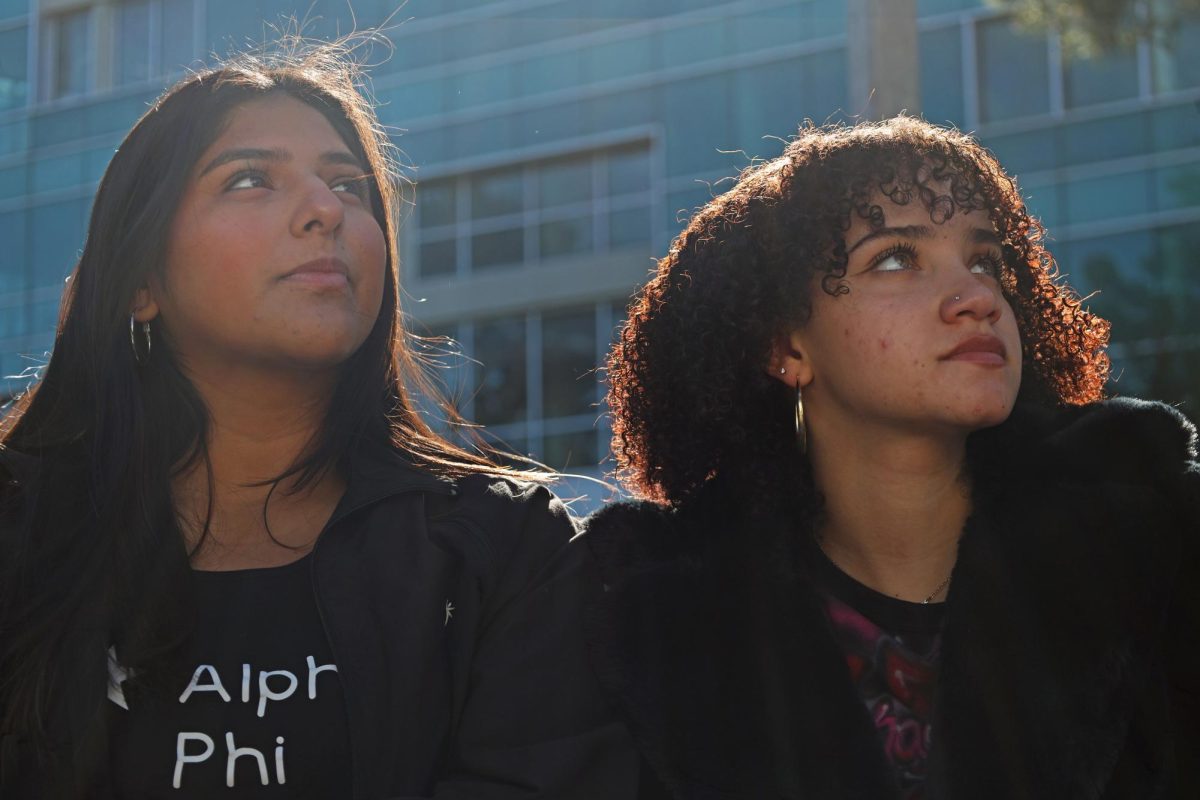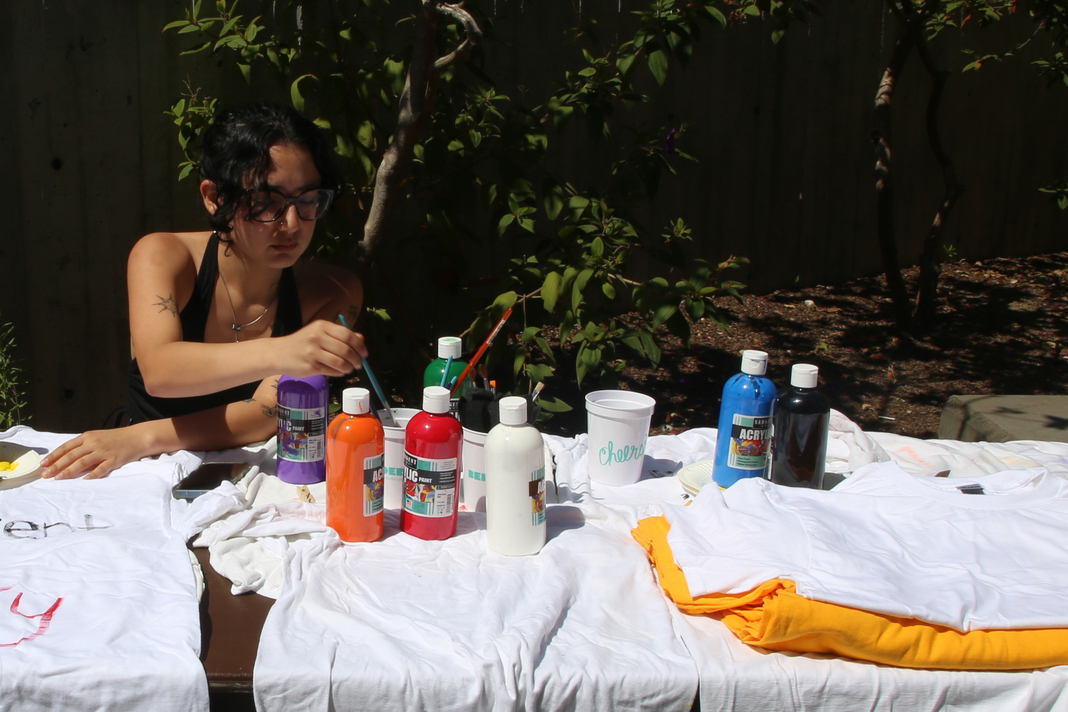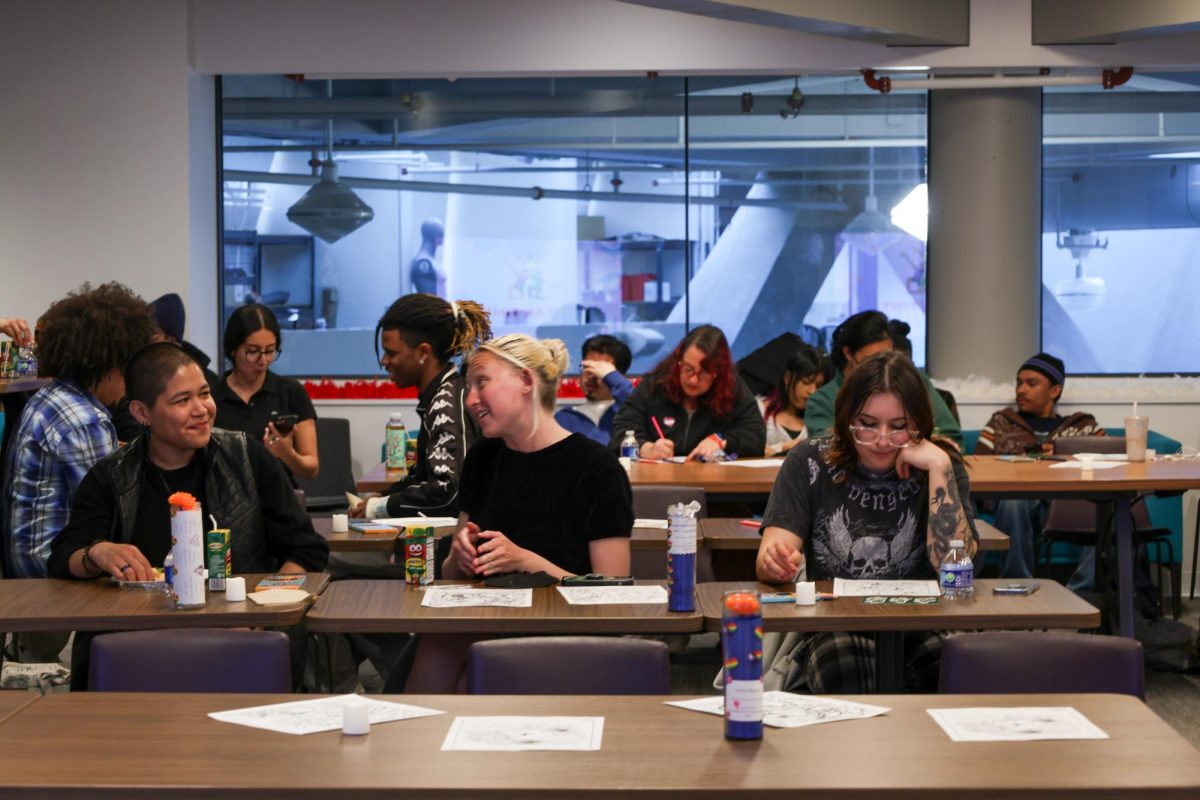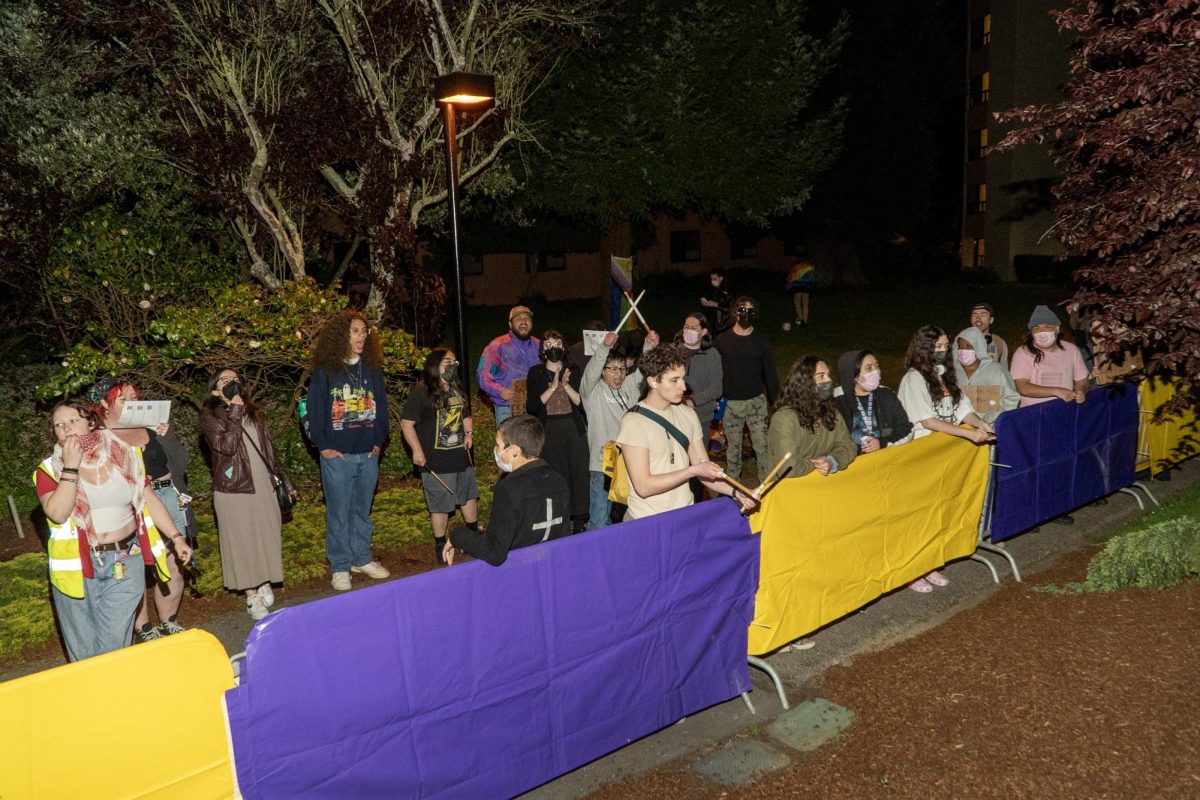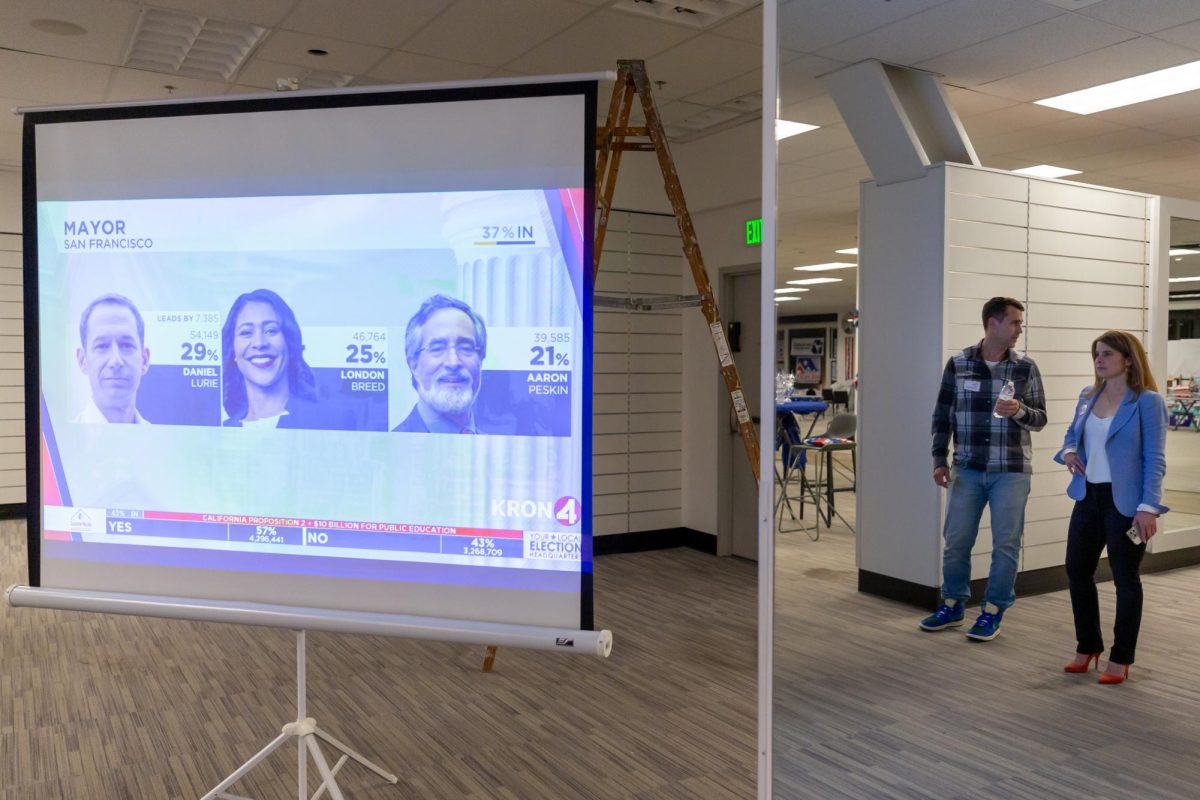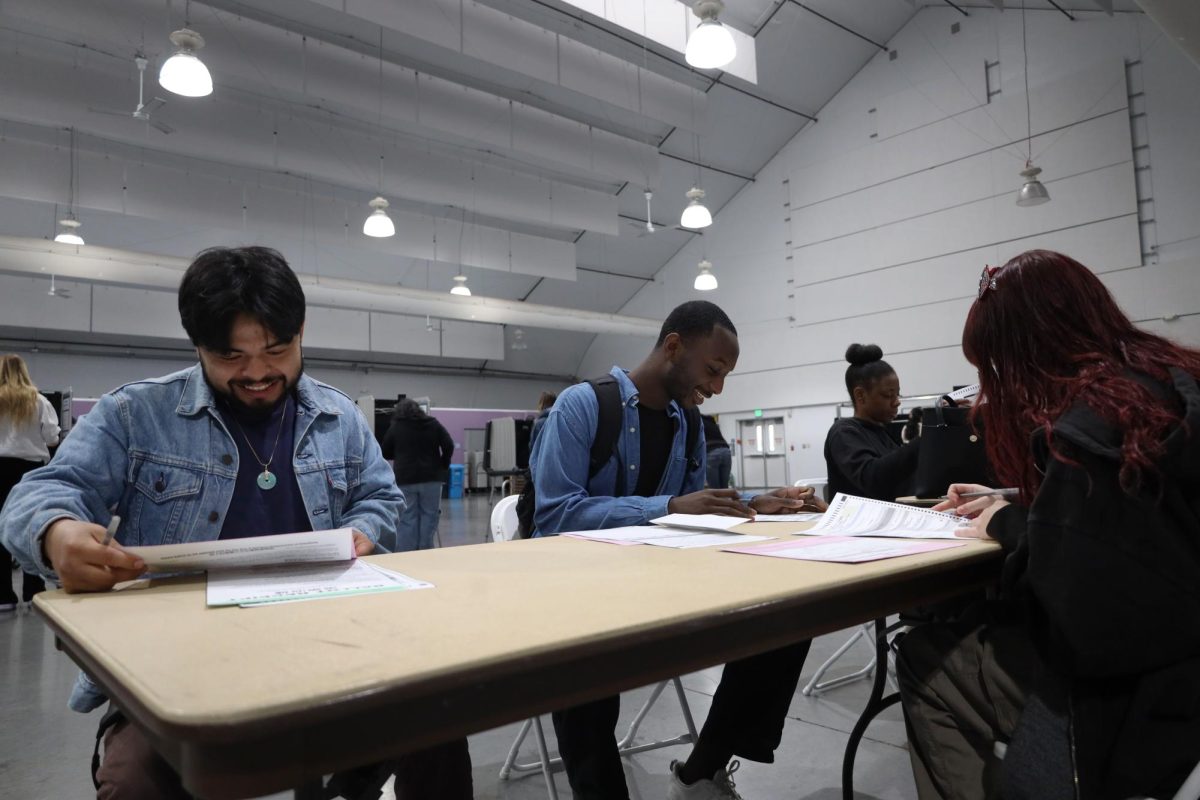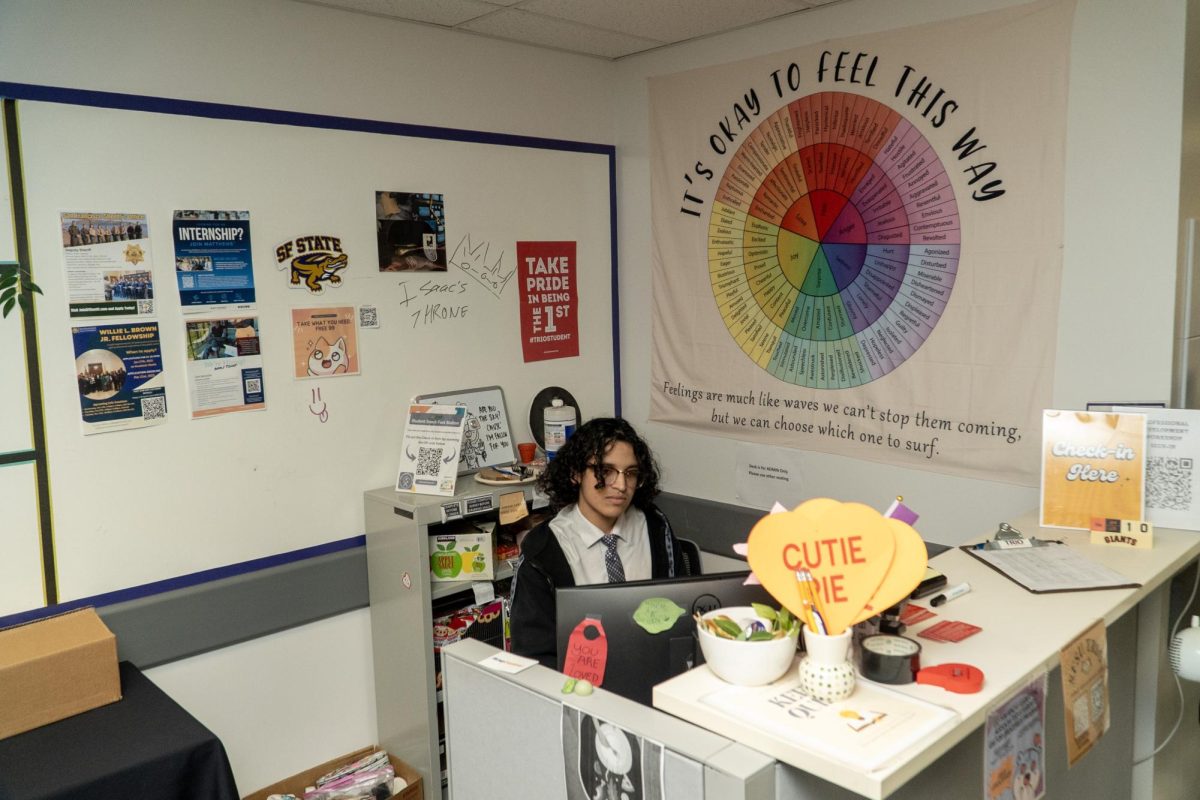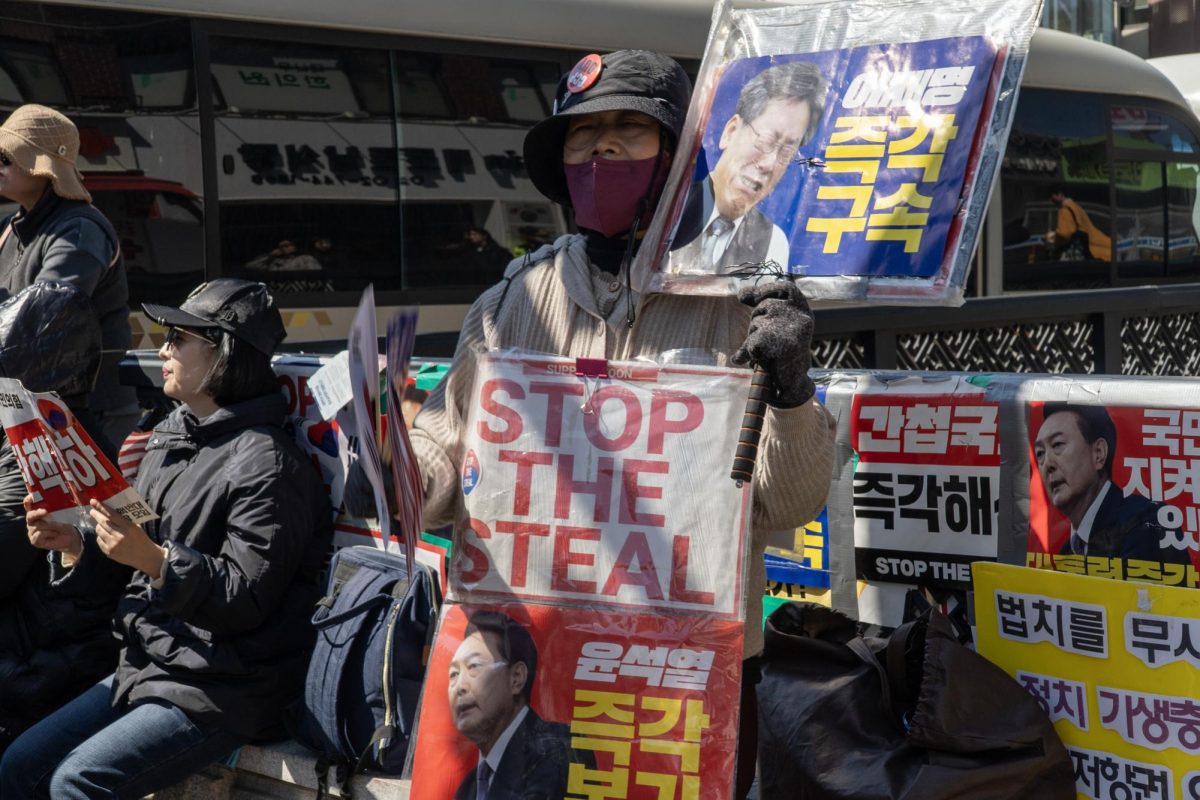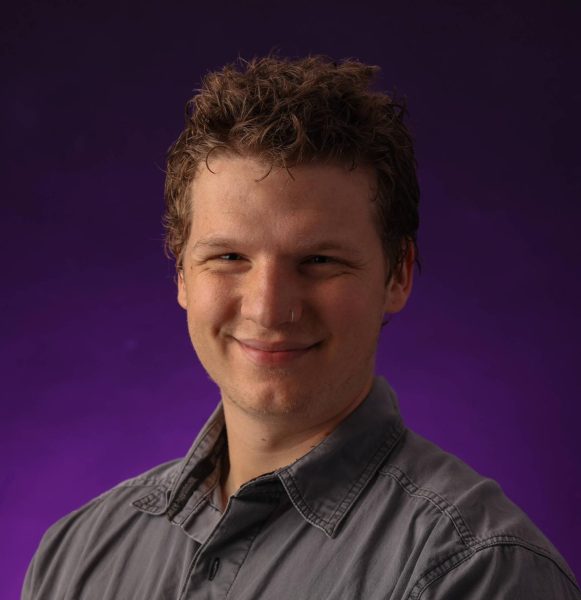Last night, in an electoral outcome that saw former President Donald Trump secure both the electoral college and popular vote, members of the San Francisco State University community expressed a mix of dismay, resignation and determination, according to interviews conducted by Golden Gate Xpress.
“I was in disbelief,” said Sean Connelly, a humanities lecturer. “Part of me didn’t believe it could happen.”
The nature of Trump’s victory, including being the first Republican candidate to win the popular vote since 2004, caught some off guard.
Austin Stock, a philosophy student, expected the former president to win the electoral college but lose the popular vote.
“I was surprised that he was able to get a majority of the vote but I take some comfort in knowing that America has term limits and Trump won’t run for reelection,” Stock said. “The past nine years of Trump rallies are now over so at least there’s that.”
Kaylani Johnson, a nursing student, echoed a similar sentiment of disappointment and shock to see Trump win the presidency.
“Just to see him running again is insane and then to see him become president when he got way more votes than he did in 2016,” Johnson said.
At 9:35 a.m., SFSU President Lynn Mahoney sent out an email statement to the campus community addressing some of the concerns students may have in the aftermath of the election.
“Many at SF State will be worried about their reproductive rights, the rights of our LGBTQ+ communities and the future of DACA and our undocumented students and their families,” Mahoney wrote.
In an interview with Golden Gate Xpress, Mahoney also acknowledged the complex emotions coursing through the student body while highlighting California’s unique position.
“I just keep thinking about all of my students and colleagues who are existentially threatened,” said Mahoney as she shed a few tears. “But that being said, I get to wake up at San Francisco State in the Bay Area, in California. I’m not waking up in one of those other states.”
The election results have prompted discussions about whether the university’s progressive environment may have created unrealistic expectations.
Thomas Ziemer, an English literature student, talked about the political climate on campus.
“To whatever degree San Francisco State is as a campus it’s probably more left-leaning than the rest of the country,” Ziemer said, citing concerns about Harris’s campaign strategy and foreign policy decisions. “At the same time, I don’t think anyone that I spoke to was particularly optimistic.”
For multiple students, the election results sparked immediate concerns about various rights and policy issues.
“I’m worried about reproductive rights, a lot of women don’t already have the option to get them in other states, so I’m just worried it’s going to happen here too,” said Kennedi Jones, a second-year BECA major.
Adam Ngo, a second-year child and adolescent development student, felt concerned about a variety of topics.
“I’m worried about people’s rights,” Ngo said. “I’m actually also worried about the LGBTQ+ community. I’m worried about [the] environment.”
Herson Calderon, a second-year mechanical engineering student, is also worried about the implications of climate action.
“I’m really concerned about the fact in his last term he pulled us out of the green deal, for the preservation of our environment, and that kind of worries me because it’s going to be four years until we have another president that’s a little more progressive and that just worries me a lot, particularly about the investment in renewable energies and renewable resources,” Calderon said.
In particular, this presidential election highlighted the complex decision-making process many voters faced such as Elijah Valverde.
“I don’t think Kamala Harris is an amazing candidate,” said Valverde, a third-year math student. “I don’t support her non-stance on the genocide in Gaza but I still voted for her just because I feel like it was not even necessarily a lesser of two evils, just like a normal candidate versus an extremist.”
Some students, like Anthony Caberto, who’s majoring in history, expected Trump to win.
“I wasn’t really surprised. Trump winning after what’s happened this year – two assassination attempts, him coming out like the American hero. Yeah, I kind of expected he’d win the election,” said Caberto. “Harris did talk about our country’s problems but it kind of felt like she didn’t really know how she would be able to solve them even if she did win the election.”
Mya Kincaid, a first-year microbiology student, had a gut feeling that Trump was going to win.
“Everybody was like, ‘Oh, Kamala laughs too much,’ or she does this, she does that. But they don’t really take the election seriously. So that’s what I kind of expected,” said Kincaid.
Some members of the community also talked about looking ahead despite the results and focusing on calls to action beyond electoral politics.
“More so than ever, it just shows this election shows the need for finding solutions outside of elections and candidates and politicians and strengthening other forms of political engagement, be it kind of mutual aid or grassroots organizing,” said Ziemer.
Svea Leventon, academic office coordinator for the School of Music, shared concerns not just about the rightward shift but about the implications of this night for the future.
“I feel very disheartened,” Leventon said. “It is the right that’s making me scared but it’s especially the fact that they could vote for somebody like Trump who is, you know, a convicted felon.”
Dr. Victor Lugo is an assistant professor of Speech, Language and Hearing Sciences.
“It’s almost like a pendulum where it swings from one side to the other,” said Dr. Victor Lugo, an assistant professor of Speech, Language and Hearing Sciences. “We have to just continue advocating for what we care for.”
Autumn Rose Alvarez, Chris Barboi, Gibran Beydoun, Cami Dominguez, Eddie Monares, Paula Sibulo, Trevor Schock, Elijah Shaw and Neal Wong contributed to this story.





